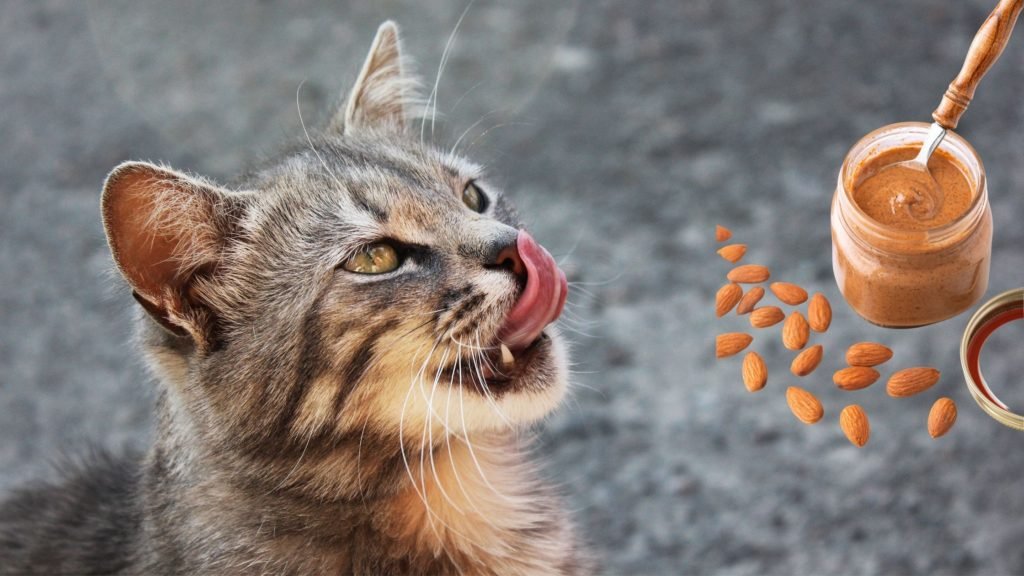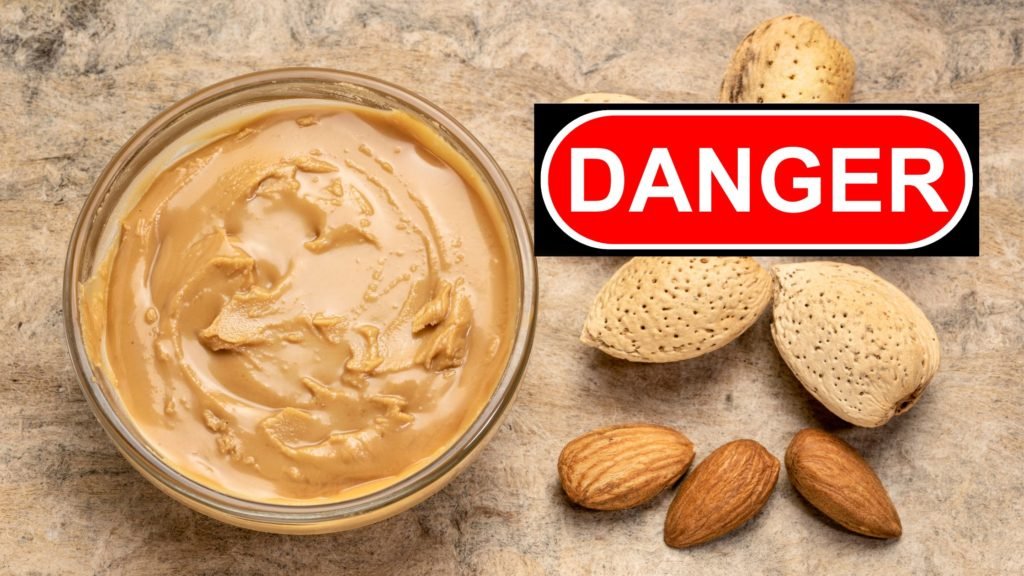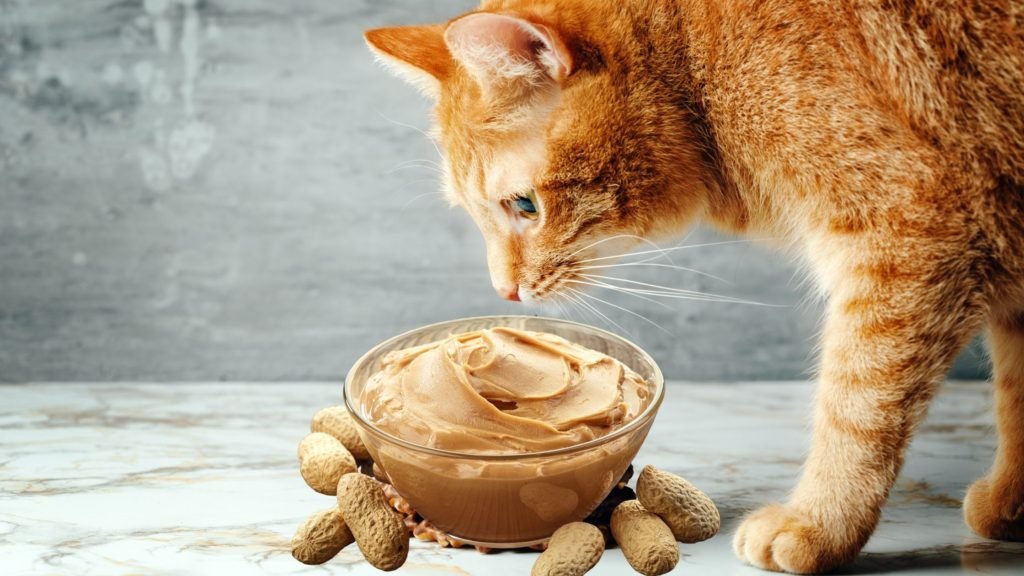Can cats have almond butter? Explore the facts and potential risks while learning about healthier treatment options for your cat.
The almond butter craze has taken the world by storm, capturing the hearts of health-conscious individuals with its rich, nutty flavor and impressive nutrient profile. As pet owners, it’s natural to wonder if our feline friends can also enjoy this delicious treat. Let’s investigate the facts to determine if almond butter is a friend or foe to our beloved cats.
The Allure of Almond Butter
The increasing popularity of almond butter is undeniable. Touted as a healthy alternative to traditional peanut butter, it offers an array of nutrients, such as healthy fats, fiber, and vitamins. However, our feline companions have unique dietary needs, which prompts us to investigate the safety of sharing almond butter with them.
Pet Owners' Concerns
As devoted cat owners, we strive to ensure our pets’ well-being. Questions and concerns inevitably arise regarding sharing human foods like almond butter. Will our feline companions reap the same benefits as we do, or could almond butter harm their health? It’s time to unravel this mystery and put our worries to rest.
Almond Butter's Nutritional Bounty: A Tale of Two Species

Health Benefits for Humans
Almond butter’s nutritional prowess has captivated health enthusiasts. Packed with protein, healthy fats, fiber, and essential vitamins, it’s a tasty powerhouse. Its benefits range from heart health to weight management, making it a sought-after addition to human diets.
Nutrient Relevance for Cats
Our feline friends, however, have different dietary needs. While almond butter’s nutrient profile may seem tempting, we must consider its relevance to cats. As obligate carnivores, they require animal-based protein, taurine, and other nutrients not found in almond butter. Thus, its potential benefits for our whiskered pals still need to be investigated.
Almond Butter and Cats: The Hidden Dangers
The Weighty Issue
Almond butter’s high-fat content, while beneficial for humans in moderation, can be troublesome for cats. Felines are prone to weight gain when consuming excessive fats, leading to obesity and related health issues. Sharing almond butter with your cat may do more harm than good.
Allergy Alert
Cats, like their human counterparts, can develop allergies and sensitivities. Introducing almond butter to your cat’s diet risks triggering an allergic reaction, which could result in discomfort or more severe symptoms.
Beware of Additives
Many almond butter brands contain added ingredients and artificial sweeteners that can be toxic to cats. Xylitol, a common sweetener, is dangerous, potentially causing life-threatening issues. Sharing almond butter with your feline friend might not be worth the risk.
You May Also Interest: Can Cats Eat Applesauce? Hidden Truths of Feline Dietary
Almond Butter and Cats: The Hidden Dangers

Commercial Cat Treats
For a convenient and safe option, numerous commercially available cat treats cater to our feline friends’ unique needs. These treats are specifically formulated for cats, ensuring they receive the proper nutrients while indulging in a delicious snack.
Homemade Delights
If you prefer a personal touch, whip up some homemade cat treats! Search for tried-and-tested recipes that use cat-friendly ingredients. Not only will your furry companion appreciate the effort, but you’ll also have peace of mind knowing what’s in their treats.
Human Foods for Feline Palates
Some human foods are perfectly safe for cats to enjoy. Cooked meat, such as chicken or turkey, can provide a protein-packed snack, while plain pumpkin puree offers a fiber-rich treat. Always research before sharing, and remember: moderation is vital to maintaining your cat’s health.
You May Also Interest: Can Cats Drink Lactose Free milk?: A Cat Owner’s Investigation
The Final Verdict: Almond Butter and Your Feline Friend
Risks and Benefits
When sharing almond butter with your cat, weigh the potential risks and benefits carefully. While it’s a nutritious option for humans, cats have different dietary needs. The high-fat content, potential for allergic reactions, and added ingredients pose significant risks to our feline companions.
Balanced Diet and Treats
Ultimately, the key to a happy, healthy cat is providing a balanced diet tailored to its needs. Opt for cat-friendly treats and consult your veterinarian for guidance on new foods. By prioritizing your cat’s well-being, you’ll ensure they thrive for years.

